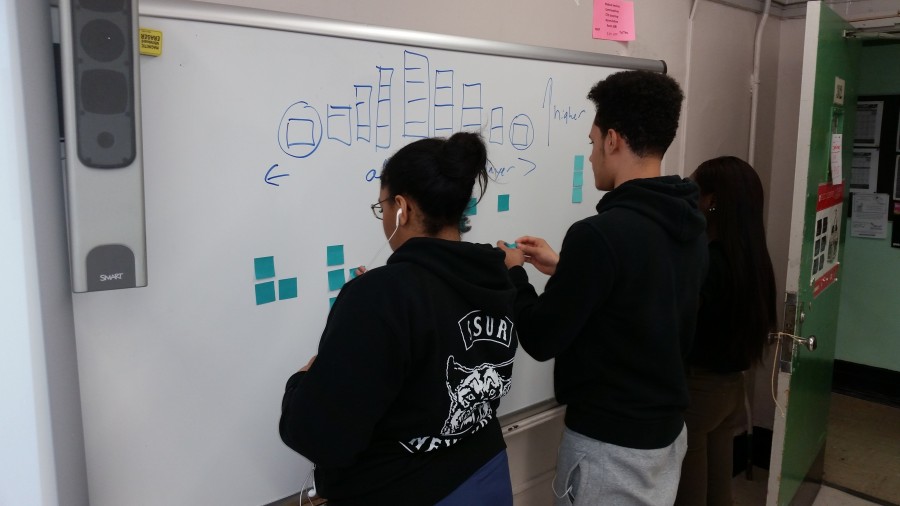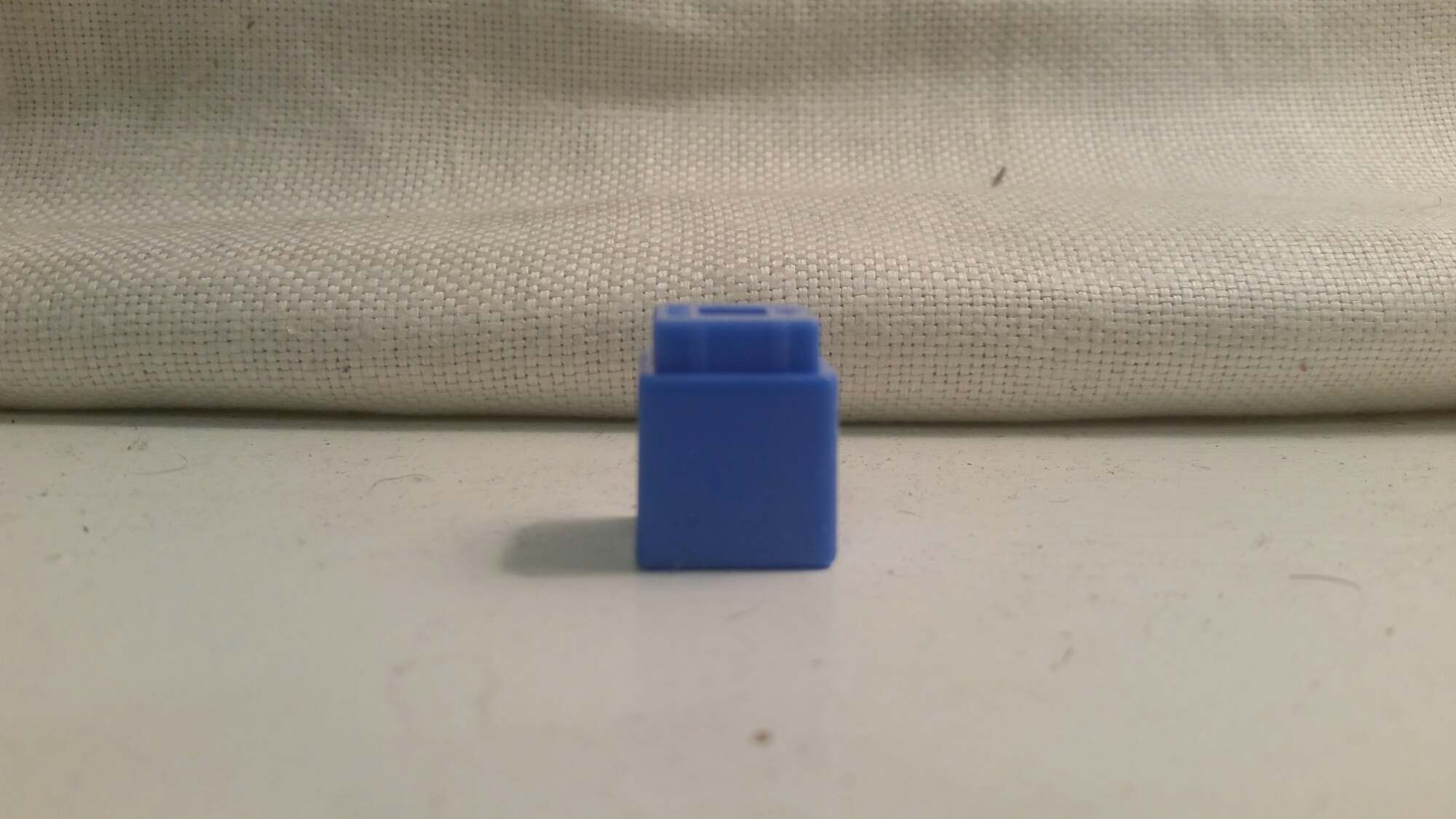So you’re at a PD, a really awesome one at that. Everybody is quietly thinking about the prompt “What is assessment?” Your neighbors are writing things like “Assessment is knowing where kids are, where they need to go, and what you should do next.” These poetic statements allude to many parts of a real-time data gathering and analyzing process . Diagnostic assessment, summative assessment, formative assessment are all critical pieces of information that end up letting the teacher know what they need to maximize student growth and learning. The information gained from assessment become the ingredients that “Chef Teacher” can use to create any number of delicious stews, or salads, or souffles.
The facilitator tells everyone to stop writing and to stand up and share with someone new. After 15 awkward seconds of trying to lock eyes with someone, you find a partner across the room. After shaking hands you read your poetic statement with a serious flourish. Your partner responds with the following:
Assessment is how you give kids grades.
You wonder for a second if their table was given the same task. This statement describes a calculation chore that happens at the middle and the end of each term. Grades are what you show to parents and administrators if they want to know how the kids are doing. Assessment is a process that ensures that you have the information at any given point to be able to make the grade, but also to do so much more. Assessment can help you make decisions in the moment, tweak tomorrow’s lesson, or even alter your unit structure. Your assessments can tease out which students understand what you taught today and which ones are relying on the trick they learned last year. Viewing assessment as only a tool for finding grades is like “Chef Teacher” going to the kitchen, by passing all the groceries, and microwaving a Hot Pocket.
You rack your brain for how to begin a conversation about Grading, Assessments,…and Hot Pockets, when your partner cracks a smile. Turns out he was messing with you. He didn’t really believe that Assessment is solely for producing grades, but lots of teachers out there do. How would you describe all the things that assessment could be to someone who thinks it is only for getting the numbers to put on the report card?


